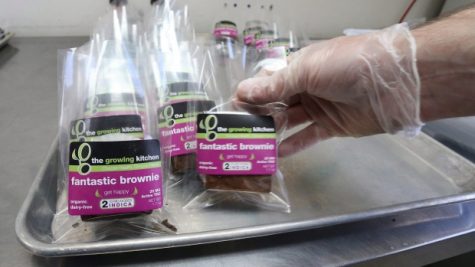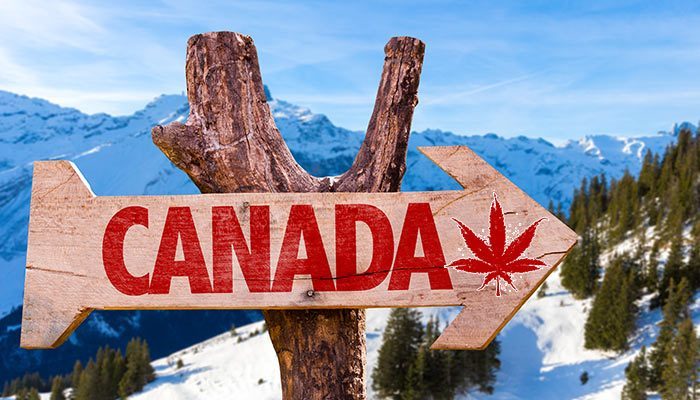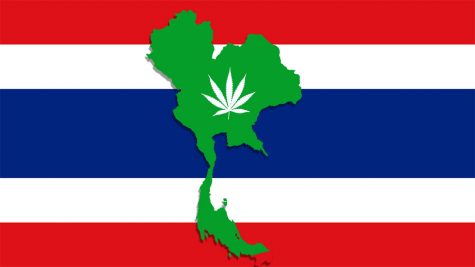Legal weed in Canada could prompt demand for low-potency pot products
The typical age group of new recreational cannabis consumers is estimated to be around 35-54 years old
The Cannabis Act, A.K.A. Bill C-45, has officially been passed. October 17 was the momentous occasion on which Canada’s cannabis legalization was enacted.
Amidst the “green rush” that is currently unfurling across the Great White North, industry insiders believe that low potency products will demand more interest than high potency products.
Cannabis reform is encouraging a new audience, many of whom will want to dabble in legal weed, as opposed to feeling overly sedated. In turn, this gives pot producers an opportunity to capitalize on what could be the next big niche in Canada’s adult-use cannabis market.
Deloitte report on Canada’s cannabis legalization spotlights prospective consumption habits
 Based on a report by Deloitte, cannabis legalization will propel an entirely new realm of consumers into the market. Not so much the risk takers, but the older generation; individuals who may not enjoy weed as frequently as, let’s say, millennials.
Based on a report by Deloitte, cannabis legalization will propel an entirely new realm of consumers into the market. Not so much the risk takers, but the older generation; individuals who may not enjoy weed as frequently as, let’s say, millennials.
“Today’s consumer is what we describe as a risk taker. They’re young, typically with a high school or college education. In their quest to live life to the fullest, they’re more likely to put their health or safety at risk, even going so far as to skirt or break the law,” reads the Deloitte report on Canada’s cannabis legalization.
The typical age group of new recreational cannabis consumers is estimated to be around 35-54 years old. Although approximately three-quarters will be experienced users, just 41 percent will have consumed cannabis within the last five years.
“This consumer is more of a conservative experimenter — typically middle-aged, with a university or graduate school education. They don’t tend to put their personal interests before family needs or other responsibilities,” the Deloitte report continues.
According to the report on Canada’s cannabis legalization, as much as half of existing consumers would delete their dealer’s phone number and switch to the legal weed market if the product potency options were broader.
U.S. cannabis industry is cashing in on low potency pot products
 Canada’s neighbor, the United States, is enticing consumer interest with a wide range of low potency products. Pretty impressive, considering the fact the U.S. was once plagued with mind-bending black market bud.
Canada’s neighbor, the United States, is enticing consumer interest with a wide range of low potency products. Pretty impressive, considering the fact the U.S. was once plagued with mind-bending black market bud.
“Products are now being scored and packaged and marked in low doses,” said the managing director of Colorado-based BDS Analytics, Tom Adams. “Part of that comes as a result of what industry members refer to as the “Maureen Dowd Effect,” he said.
Adams, who is a columnist for the New York Times, crafted a piece about Maureen, who was “curled in a hallucinatory state” for eight long hours after eating a weed-infused chocolate.
Following the publishing of his piece about Maureen, the cannabis industry has pulled together to present consumers with an assortment of low-dosage products that encourage responsible consumption. This is especially important for consumers who want to chow down on weed-laced edibles since the effects tend to last for much longer than the effects produced by vaping cannabis oils or smoking the dried flower.
“The industry has very much harped on the theme of, ‘Start low, go slow,’ ” said Adams. “(They say) two milligrams or three milligrams just has a mild relaxing effect and doesn’t interfere with you going about your day.”
Many frequent users are also seeking out low-potency cannabis products as a way of relaxing without getting that “couch-locked” effect sometimes caused by high doses of THC. Major changes in the potency of pot products are noticeable at the processing stage when the plants are transformed into a broad assortment of bud-based products, like oils, concentrates and edibles, to name a few.
Many cannabis companies believe that recreational cannabis consumers dabbling in Canada’s adult-use cannabis market will be doing so for the experience, rather than seeking out specific chemical components and higher dosages. So, let’s see what Canada brings to the table now that legalization has been enacted.














